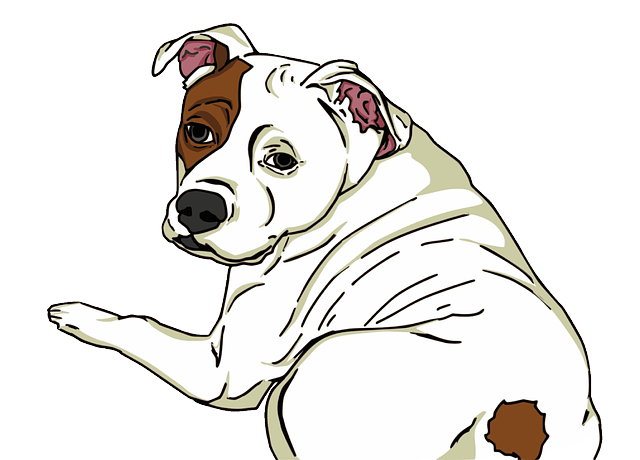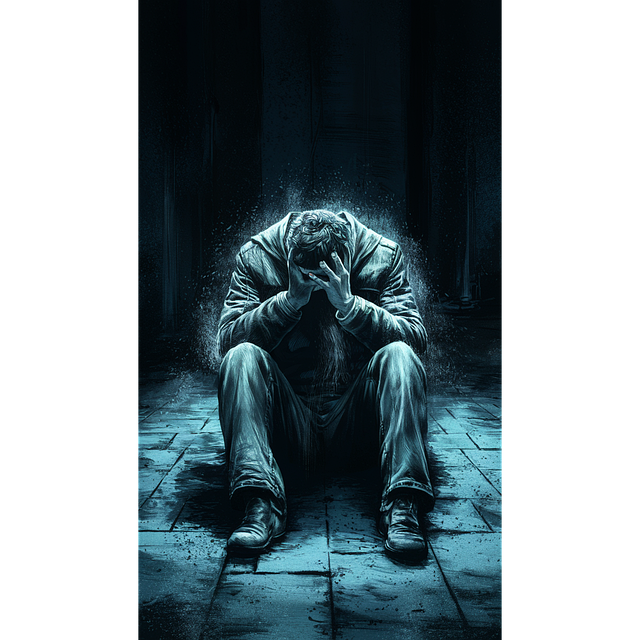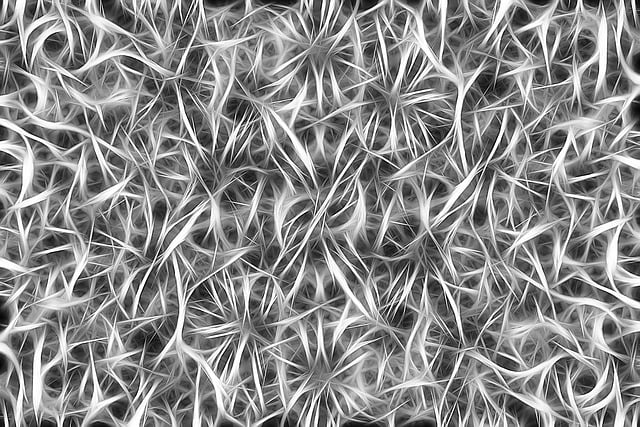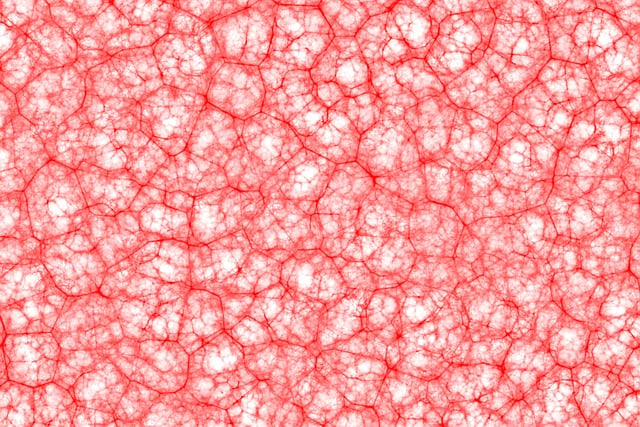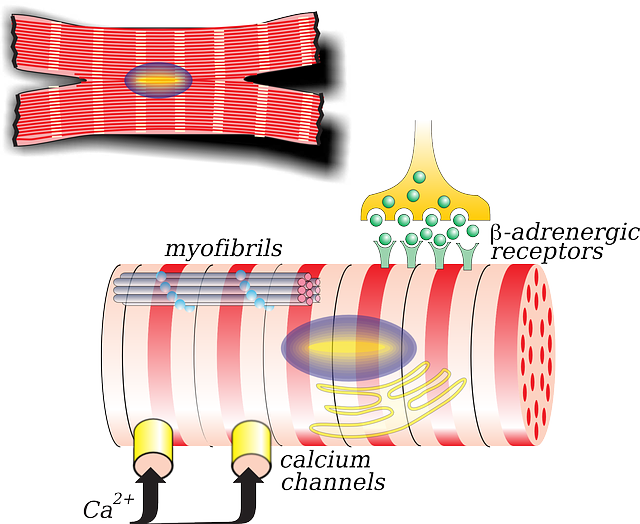After traumatic events like car crashes, pinched nerves cause tingling and numbness due to nerve compression or damage, commonly in the neck, back, or wrists. Chiropractic care offers a natural and effective treatment for pinched nerves after a crash. Chiropractors diagnose and treat these issues using techniques like spinal manipulation, joint mobilization, stretching, exercises, posture corrections, and lifestyle changes to prevent further damage and promote healing. Short-term relief measures include resting, icing, pain medication, and compression, while long-term strategies focus on good posture, exercise, ergonomics, and stress management. For persistent symptoms, consulting a chiropractor is recommended for specialized treatment.
Experiencing tingling or numbness from a pinched nerve after an accident? You’re not alone. Crashes can cause nerves to become compressed, leading to discomfort and sensory disruptions. This article explores effective solutions for relief, focusing on chiropractic care as a potential treatment for pinched nerves post-crash. We’ll also delve into home remedies and long-term management strategies to help you recover faster and prevent future issues. Discover how these approaches can provide much-needed relief and restore your comfort.
- Understanding Pinched Nerves and Their Causes After a Crash
- Chiropractic Care as a Potential Treatment Option
- Home Remedies and Long-term Management Strategies
Understanding Pinched Nerves and Their Causes After a Crash
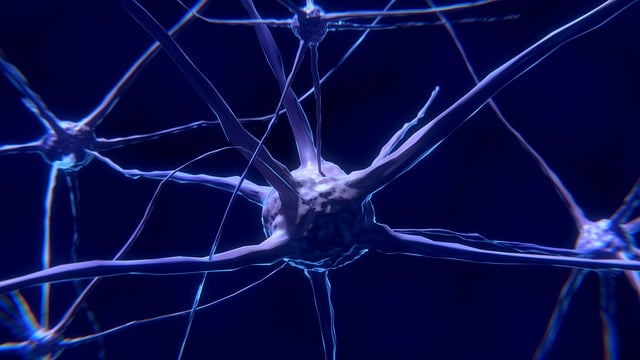
Pinched nerves, often the result of trauma or injury, such as a car crash, can lead to a range of uncomfortable symptoms like tingling and numbness. These sensations typically occur when a nerve is compressed or damaged due to sudden impact or excessive pressure. In the context of a collision, the body experiences rapid deceleration, causing muscles to tighten and nerves to become trapped within adjacent structures. This can happen in various parts of the body, most commonly in the neck, back, or wrists.
Seeking professional help is crucial for effective treatment of pinched nerves after an accident. Chiropractors are well-equipped to diagnose and address these issues. They employ techniques like spinal manipulation, joint mobilization, and gentle stretching to relieve pressure on affected nerves. Additionally, they may recommend specific exercises, provide guidance on posture correction, or suggest lifestyle changes to prevent further nerve damage and promote healing.
Chiropractic Care as a Potential Treatment Option

Chiropractic care has emerged as a potential treatment option for individuals experiencing tingling and numbness due to pinched nerves, especially post-crash injuries. Chiropractors focus on diagnosing and addressing issues related to the musculoskeletal system, including the spine and nerves. When a nerve is compressed or damaged, as can occur during a vehicle accident, chiropractic adjustments can help relieve pressure and restore nerve function.
This natural approach involves manual manipulation of the spine and joints, which may include spinal adjustments, joint mobilizations, and soft-tissue techniques. By correcting misalignments and reducing nerve compression, chiropractors aim to alleviate symptoms like tingling and numbness, improve circulation, and support the body’s inherent self-healing abilities. Many patients find relief and improved mobility with chiropractic care as a treatment for pinched nerves after a crash.
Home Remedies and Long-term Management Strategies
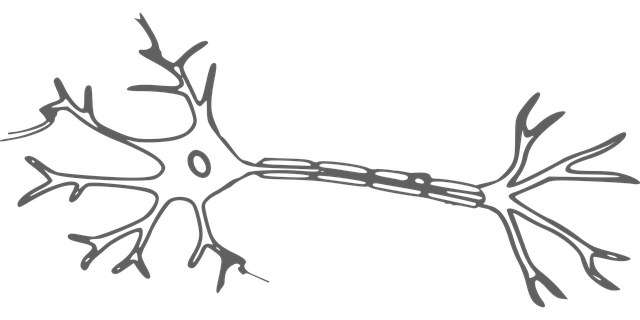
Home Remedies and Long-term Management Strategies
For immediate relief from tingling and numbness caused by a pinched nerve, several home remedies can be effective. Resting the affected area and applying ice packs for 15–20 minutes at a time can help reduce swelling and pain. Over-the-counter pain relievers like ibuprofen or acetaminophen may also provide temporary relief. Compression using elastic bandages or sleeves can offer additional support and stability to the injured area, helping to alleviate pressure on the nerve.
Long-term management strategies involve making lifestyle changes to prevent future pinched nerves. Maintaining good posture during sitting, standing, or lifting is crucial. Regular exercise focusing on core strength and flexibility can help align the spine and reduce pressure on nerves. Ergonomic adjustments at work or home, such as using supportive furniture and maintaining a proper workstation setup, can also play a significant role in nerve health. Additionally, practicing mindfulness techniques like yoga or meditation may aid in managing stress levels, which can indirectly impact nerve function. If symptoms persist, consulting with a chiropractor for further evaluation and guidance is recommended, focusing on treatment for pinched nerves after a crash to restore mobility and alleviate discomfort.
Tingling and numbness caused by a pinched nerve after a crash can significantly impact daily life. Fortunately, there are effective treatment options available. Chiropractic care offers a non-invasive approach to alleviate pressure on the affected area, providing relief for many patients. Combining chiropractic adjustments with home remedies and long-term management strategies can lead to lasting results. If you’re experiencing symptoms of a pinched nerve, consider seeking professional help, including a chiropractor, as part of your treatment plan. This comprehensive approach ensures a more rapid recovery and reduces the risk of future occurrences.

